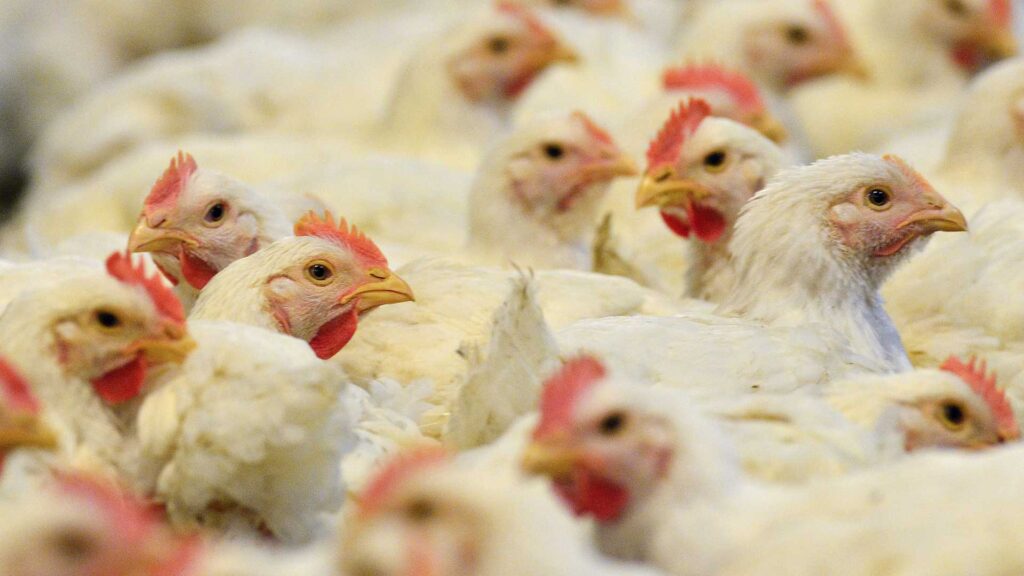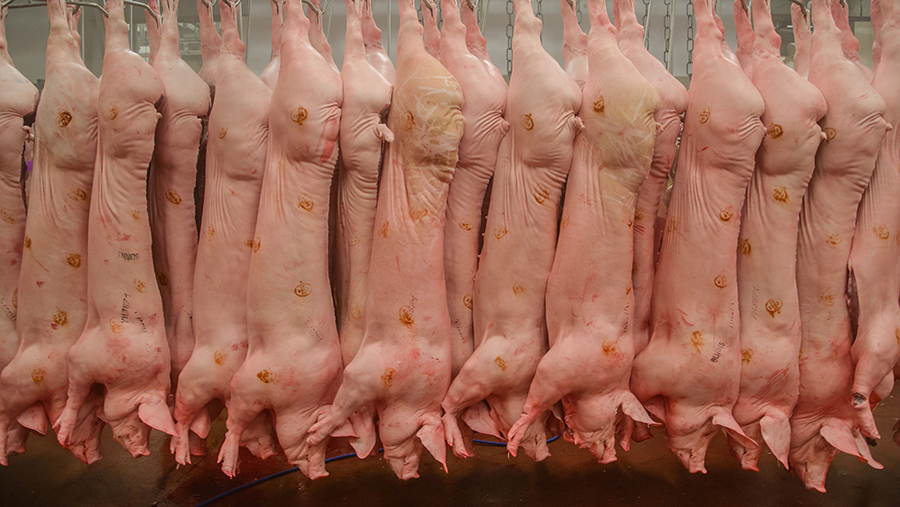Anima International was founded in 2018 through a merger of two organizations: Anima, which has been working in Scandinavia since 2000, and Otwarte Klatki (Open Cages), which has been working in Poland and other countries in Eastern Europe including Lithuania, Estonia, and Ukraine since 2012. Anima International runs corporate campaigns, releases undercover investigations, and engages in online and offline ad campaigns and outreach. They also organize protests, found and train advocacy groups, organize conferences on animal advocacy and the legal protection of animals, reach out to restaurants and foodservice companies to increase the prevalence of plant-based options, and organize VegFests.
We have the impression that Anima International’s leadership is attentive to strategy and looks for ways to adapt or change their tactics to increase their impact. They have a clear sense of how to measure their progress and set specific and measurable goals. We suspect that using their media campaigns to directly support their other programs is likely to make their veg advocacy campaigns, corporate outreach, and policy work more effective. In addition, Anima International seems to have a relatively strong culture that fosters inclusivity, gender diversity, and overall employee satisfaction. Their approach to movement building also addresses gaps in managerial skills and lack of diversity and equity, while simultaneously building momentum in relatively neglected countries with young animal advocacy movements. As such, we think they are well-positioned to engage in highly impactful work.

Anima International relies on an especially large volunteer program, which they report has allowed them to expand into new countries and is likely to increase the cost-effectiveness of their programs. However, we have some concerns about the impacts of relying on unpaid work for the long-term health and sustainability of the movement in these countries. It may also be the case that unique issues and complications arise as a result of coordinating strategy across countries in Eastern and Central Europe with very different cultures and animal welfare standards. In addition, Anima International employs a diverse range of interventions, which may be the result of merging two different organizations. While there are benefits of employing a pluralistic strategy, we think that some of their programs are likely to be more impactful than others. As the organization matures, we expect their leadership to put more effort into assessing the impact of their projects and directing resources towards programs that are likely to be the most impactful.
Anima International is a newly merged nonprofit, so their track record is shorter than those of most charities we evaluate.

Anima International has shown a strong commitment to strategy and to adapting their advocacy based on new information and developments. Their approach to using their media campaigns as a way to directly support and increase the cost-effectiveness of their other programs seems like a particularly effective tactic. Anima International has been building the capacity of the movement and working to overcome gaps in skills and diversity in relatively neglected countries with young movements. Their strategy of expanding their reach by finding and supporting local groups seems especially promising, and we believe that their extensive volunteer program could also be a potential pool from which to hire full-time staff. In general, we find Anima International to be an excellent giving opportunity because of their strategic approach and commitment to movement building.
We estimate that Anima International’s plans for expansion would cost between $0.37 million and $2.5 million. This number does not take into account potential increases or decreases in revenue. We expect they would use additional funding to hire new staff members in the nine different countries in which they currently operate.
From an average $1,000 donation, Anima International would spend about $312 on corporate outreach, $279 on media campaigns, $185 on capacity building, $129 on the promotion of plant-based products, and $95 on legal advocacy.
We don’t know exactly what Anima International will do if they raise additional funds beyond what they’ve budgeted for this year, but we think additional marginal funds will be used similarly to existing funds.
This report has been writen by Animal Charity Evaluators (ACE). To read more, see here.
Anima International was founded in 2018 through a merger of two organizations: Anima, which has been working in Scandinavia since 2000, and Otwarte Klatki (Open Cages), which has been working in Poland and other countries in Eastern Europe including Lithuania, Estonia, and Ukraine since 2012. Anima International runs corporate campaigns, releases undercover investigations, and engages in online and offline ad campaigns and outreach. They also organize protests, found and train advocacy groups, organize conferences on animal advocacy and the legal protection of animals, reach out to restaurants and foodservice companies to increase the prevalence of plant-based options, and organize VegFests.
We have the impression that Anima International’s leadership is attentive to strategy and looks for ways to adapt or change their tactics to increase their impact. They have a clear sense of how to measure their progress and set specific and measurable goals. We suspect that using their media campaigns to directly support their other programs is likely to make their veg advocacy campaigns, corporate outreach, and policy work more effective. In addition, Anima International seems to have a relatively strong culture that fosters inclusivity, gender diversity, and overall employee satisfaction. Their approach to movement building also addresses gaps in managerial skills and lack of diversity and equity, while simultaneously building momentum in relatively neglected countries with young animal advocacy movements. As such, we think they are well-positioned to engage in highly impactful work.

Anima International relies on an especially large volunteer program, which they report has allowed them to expand into new countries and is likely to increase the cost-effectiveness of their programs. However, we have some concerns about the impacts of relying on unpaid work for the long-term health and sustainability of the movement in these countries. It may also be the case that unique issues and complications arise as a result of coordinating strategy across countries in Eastern and Central Europe with very different cultures and animal welfare standards. In addition, Anima International employs a diverse range of interventions, which may be the result of merging two different organizations. While there are benefits of employing a pluralistic strategy, we think that some of their programs are likely to be more impactful than others. As the organization matures, we expect their leadership to put more effort into assessing the impact of their projects and directing resources towards programs that are likely to be the most impactful.
Anima International is a newly merged nonprofit, so their track record is shorter than those of most charities we evaluate.

Anima International has shown a strong commitment to strategy and to adapting their advocacy based on new information and developments. Their approach to using their media campaigns as a way to directly support and increase the cost-effectiveness of their other programs seems like a particularly effective tactic. Anima International has been building the capacity of the movement and working to overcome gaps in skills and diversity in relatively neglected countries with young movements. Their strategy of expanding their reach by finding and supporting local groups seems especially promising, and we believe that their extensive volunteer program could also be a potential pool from which to hire full-time staff. In general, we find Anima International to be an excellent giving opportunity because of their strategic approach and commitment to movement building.
We estimate that Anima International’s plans for expansion would cost between $0.37 million and $2.5 million. This number does not take into account potential increases or decreases in revenue. We expect they would use additional funding to hire new staff members in the nine different countries in which they currently operate.
From an average $1,000 donation, Anima International would spend about $312 on corporate outreach, $279 on media campaigns, $185 on capacity building, $129 on the promotion of plant-based products, and $95 on legal advocacy.
We don’t know exactly what Anima International will do if they raise additional funds beyond what they’ve budgeted for this year, but we think additional marginal funds will be used similarly to existing funds.
This report has been writen by Animal Charity Evaluators (ACE). To read more, see here.